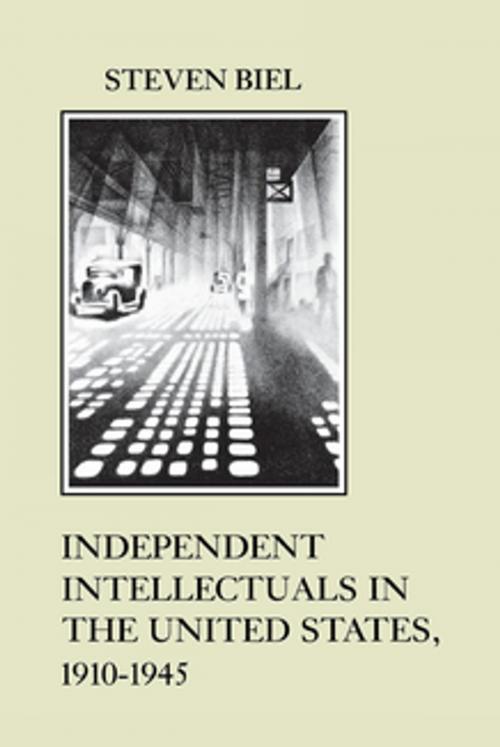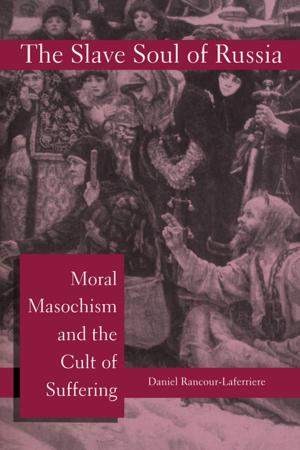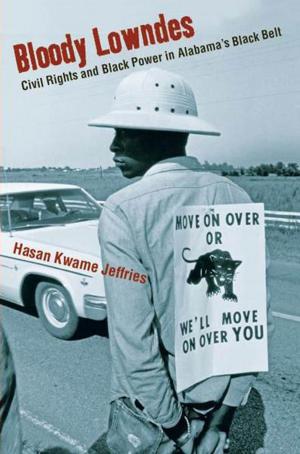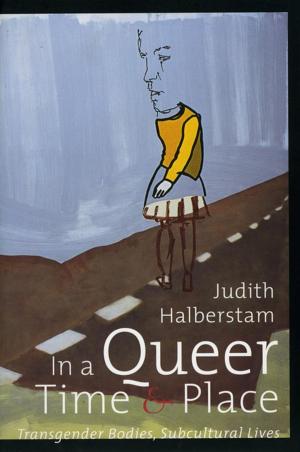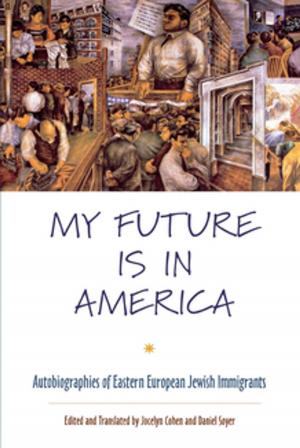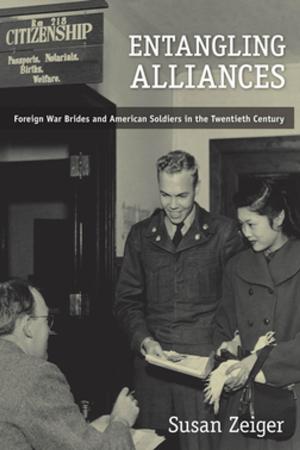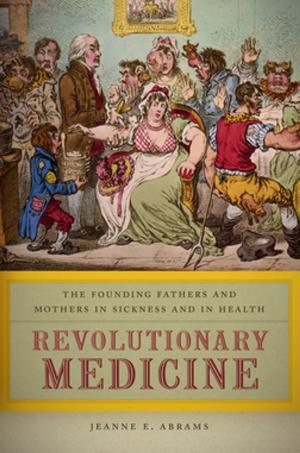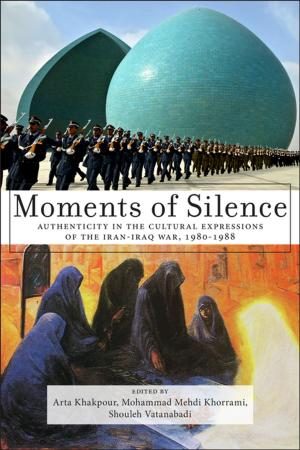Independent Intellectuals in the United States, 1910-1945
Nonfiction, History, Americas, United States, 20th Century| Author: | Steven Biel | ISBN: | 9780814723449 |
| Publisher: | NYU Press | Publication: | February 1, 1995 |
| Imprint: | NYU Press | Language: | English |
| Author: | Steven Biel |
| ISBN: | 9780814723449 |
| Publisher: | NYU Press |
| Publication: | February 1, 1995 |
| Imprint: | NYU Press |
| Language: | English |
A new intellectual community came together in the United States in the 1910s and 1920s, a community outside the universities, the professions and, in general, the established centers of intellectual life. A generation of young intellectuals was increasingly challenging both the genteel tradition and the growing division of intellectual labor. Adversarial and anti-professional, they exhibited a hostility to boundaries and specialization that compelled them toward an ambitious and self-conscious generalism and made them a force in the American political, literary, and artistic landscape.
This book is a cultural history of this community of free-lance critics and an exploration of their collective effort to construct a viable public intellectual life in America. Steven Biel illustrates the diversity of the body of writings produced by these critics, whose subjects ranged from literature and fine arts to politics, economics, history, urban planning, and national character. Conceding that significant differences and conflicts did exist in the works of individual thinkers, Biel nonetheless maintains that a broader picture of this vibrant culture has been obscured by attempts to classify intellectuals according to political or ideological persuasions.
His book brings to life the ways in which this community sought out alternative ways of making a living, devised strategies for reaching and engaging the public, debated the involvement of women in the intellectual community and incorporated Marxism into its evolving search for a decisive intellectual presence in American life. Examined in this lively study are the role and contributions of such figures as Randolph Bourne, Max Eastman, Crystal Eastman, Walter Lippmann, Margaret Sanger, Van Wyck Brooks, Floyd Dell, Edmund Wilson, Mable Dodge, Paul Rosenfeld, H. L. Mencken, Lewis Mumford, Malcolm Cowley, Matthew Josephson, John Reed, Waldo Frank, Gilbert Seldes, and Harold Stearns.
A new intellectual community came together in the United States in the 1910s and 1920s, a community outside the universities, the professions and, in general, the established centers of intellectual life. A generation of young intellectuals was increasingly challenging both the genteel tradition and the growing division of intellectual labor. Adversarial and anti-professional, they exhibited a hostility to boundaries and specialization that compelled them toward an ambitious and self-conscious generalism and made them a force in the American political, literary, and artistic landscape.
This book is a cultural history of this community of free-lance critics and an exploration of their collective effort to construct a viable public intellectual life in America. Steven Biel illustrates the diversity of the body of writings produced by these critics, whose subjects ranged from literature and fine arts to politics, economics, history, urban planning, and national character. Conceding that significant differences and conflicts did exist in the works of individual thinkers, Biel nonetheless maintains that a broader picture of this vibrant culture has been obscured by attempts to classify intellectuals according to political or ideological persuasions.
His book brings to life the ways in which this community sought out alternative ways of making a living, devised strategies for reaching and engaging the public, debated the involvement of women in the intellectual community and incorporated Marxism into its evolving search for a decisive intellectual presence in American life. Examined in this lively study are the role and contributions of such figures as Randolph Bourne, Max Eastman, Crystal Eastman, Walter Lippmann, Margaret Sanger, Van Wyck Brooks, Floyd Dell, Edmund Wilson, Mable Dodge, Paul Rosenfeld, H. L. Mencken, Lewis Mumford, Malcolm Cowley, Matthew Josephson, John Reed, Waldo Frank, Gilbert Seldes, and Harold Stearns.
